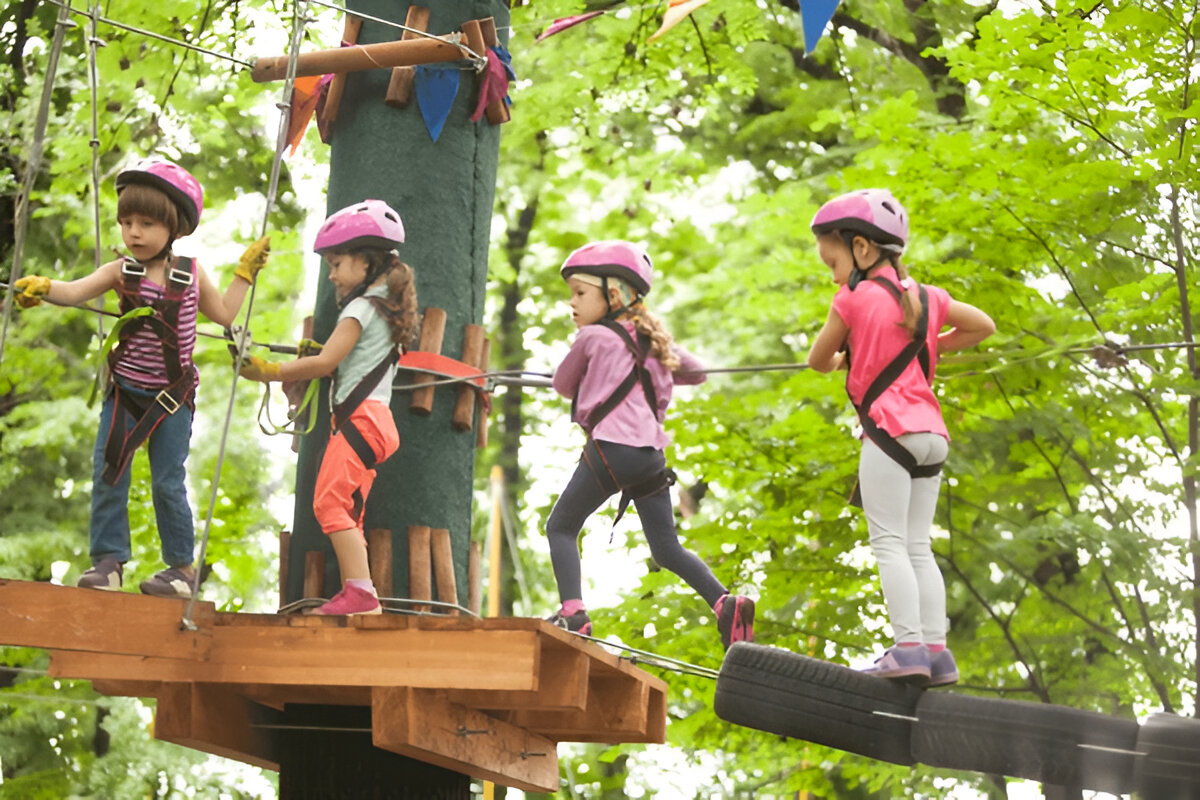As parents, we often feel overwhelmed by the task of helping our kids build self-confidence. This is especially true when they face life’s challenges. But, the rewards of helping them grow are huge. Imagine your child facing every obstacle with confidence, ready for any opportunity.
This article will show you how to help your kids become resilient and confident. They will be able to thrive in life.
Table of Contents
Understanding the Foundation of Childhood Self-Confidence
Building strong self-confidence in kids is key for their growth. The psychology of self-esteem shows how ages and environments shape a child’s self-worth. Knowing these basics helps parents and caregivers create a supportive space for kids to grow positively.
The Psychology Behind Self-Esteem Development
Self-esteem is how we see our own worth. For kids, this comes from the people around them. Positive feedback, emotional support, and chances to succeed help build a healthy self-image.
Critical Ages for Confidence Building
The early years, from preschool to elementary school, are vital for confidence. Kids are learning about themselves and are open to feedback from adults. Encouragement, setting goals, and celebrating wins can greatly boost a child’s self-esteem.
Impact of Environment on Self-Worth
The environment greatly affects a child’s self-worth. A supportive and stable home helps kids feel confident. But a critical or unstable home can harm their self-esteem and make it hard to face challenges.
| Factors that Enhance Self-Confidence | Factors that Undermine Self-Confidence |
|---|---|
| Positive reinforcement from caregivers Opportunities for success and achievement Emotional support and encouragement Healthy family dynamics | Criticism, neglect, or abuse Unrealistic expectations or constant comparison Unstable or chaotic home environment Lack of support or validation from caregivers |
Knowing how to boost a child’s self-confidence is crucial. Parents and caregivers can make a supportive environment. This helps kids develop a positive self-image and the strength to overcome challenges.
Build Self-Confidence, Challenges, kids
Helping a child feel confident is key for their growth and resilience. Kids face many challenges, and it’s vital to give them the tools to handle them. By teaching them to stay motivated and positive, parents can help them build confidence to succeed in life.
Teaching kids to face challenges with resilience is important. Instead of protecting them from failures, it’s better to help them learn from mistakes. This helps them develop problem-solving skills and shows them that they can overcome obstacles with determination.
- Encourage a positive outlook on challenges, framing them as opportunities for growth rather than roadblocks.
- Foster a supportive environment where children feel safe to take risks and learn from their experiences.
- Celebrate small victories and personal achievements, emphasizing the progress made rather than solely focusing on the end result.
Parental support and a caring environment are crucial for kids’ empowerment. When kids feel heard, valued, and supported, they grow in confidence. Open communication and trust help them deal with life’s ups and downs, making them resilient.
“Resilience is not about being invulnerable; it’s about having the courage to move forward, even when it’s hard.” – Unknown
In summary, building self-confidence in kids involves teaching them coping strategies, creating a supportive environment, and encouraging motivation. By doing this, parents and caregivers can help kids become resilient and confident, ready to face challenges and achieve their goals.

Creating a Supportive Environment for Personal Growth
Creating a positive space is key for a child’s growth. By setting up success spaces, building healthy family bonds, and talking openly, parents can help kids grow. This makes a place where kids can do their best.
Setting Up Success-Oriented Spaces
The place where a child spends time matters a lot. Make sure there are special areas for learning, playing, and relaxing. These should be tidy, bright, and free from things that distract.
Use inspiring decorations and furniture that helps with tasks. Also, make sure there’s easy-to-reach storage. This helps create a space that supports growth and helps kids stay focused.
Establishing Healthy Family Dynamics
- Make sure everyone can talk openly and listen well.
- Keep a family where everyone feels valued and heard.
- Work together to solve problems and make decisions. This helps kids grow.
- Always celebrate when someone does well. This boosts their self-confidence.
Building Trust and Open Communication
Trust and talking openly are vital for growth. Spend quality time together to have deep talks. Listen carefully to what your child says and let them share freely.
This not only makes your bond stronger but also helps kids become more confident and aware of themselves.
| Creating a Supportive Environment | Benefits for Children |
|---|---|
| Designing success-oriented spaces | Promotes positive mindset and sense of empowerment |
| Establishing healthy family dynamics | Fosters childhood development and personal growth |
| Building trust and open communication | Strengthens self-awareness and resilience |

“A child’s self-confidence is nurtured by a supportive environment that celebrates their individuality and encourages them to explore their full potential.”
Fostering Independence and Decision-Making Skills
As kids grow, it’s key to give them the tools and confidence to make their own decisions. This helps them grow personally and feel empowered. These skills are important for their whole life.
Age-Appropriate Responsibilities
Parents and caregivers should give kids tasks that fit their age. This could be simple chores, managing their time, or choosing what to do for fun. These steps help kids become more independent and ready for bigger decisions later.
Problem-Solving Techniques
Teaching kids to solve problems is a great way to boost their motivation and growth. Encourage them to find solutions, try different approaches, and think about what works. This builds their ability to make decisions and helps them see challenges as opportunities for growth.
Celebrating Personal Achievements
It’s important to celebrate a child’s achievements, no matter how small. This boosts their self-confidence and sense of empowerment. Positive feedback and recognition of their efforts can greatly impact their self-image and motivation to keep growing.
FAQ
What is the importance of self-confidence in childhood development?
Self-confidence is key in childhood. It helps kids feel good about themselves, be resilient, and face challenges. Having a strong sense of self-worth lets kids try new things, make choices, and form good relationships.
What are the critical ages for confidence building in children?
Ages 3 to 12 are crucial for building confidence. During these years, kids’ views of themselves and their self-esteem are shaped by their surroundings and interactions.
How does a child’s environment impact their self-worth?
A child’s surroundings greatly affect their self-worth. A supportive environment that encourages and celebrates success helps build confidence. But a negative environment can harm a child’s self-image.
What are some practical strategies for helping children build self-confidence?
To boost self-confidence, give kids tasks that fit their age, teach them to solve problems, and celebrate their wins. Also, create spaces that make them feel accomplished. Good communication and family dynamics help too.
How can parents and caregivers encourage independence and decision-making skills in children?
To encourage independence, start with small tasks and guide them in solving problems. Celebrate their successes. This helps kids feel in control, confident, and ready to face challenges.

